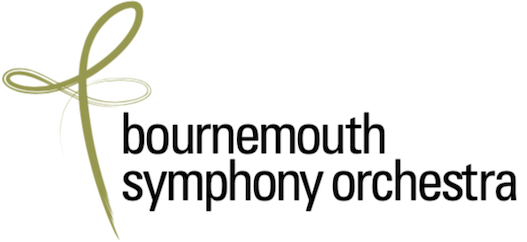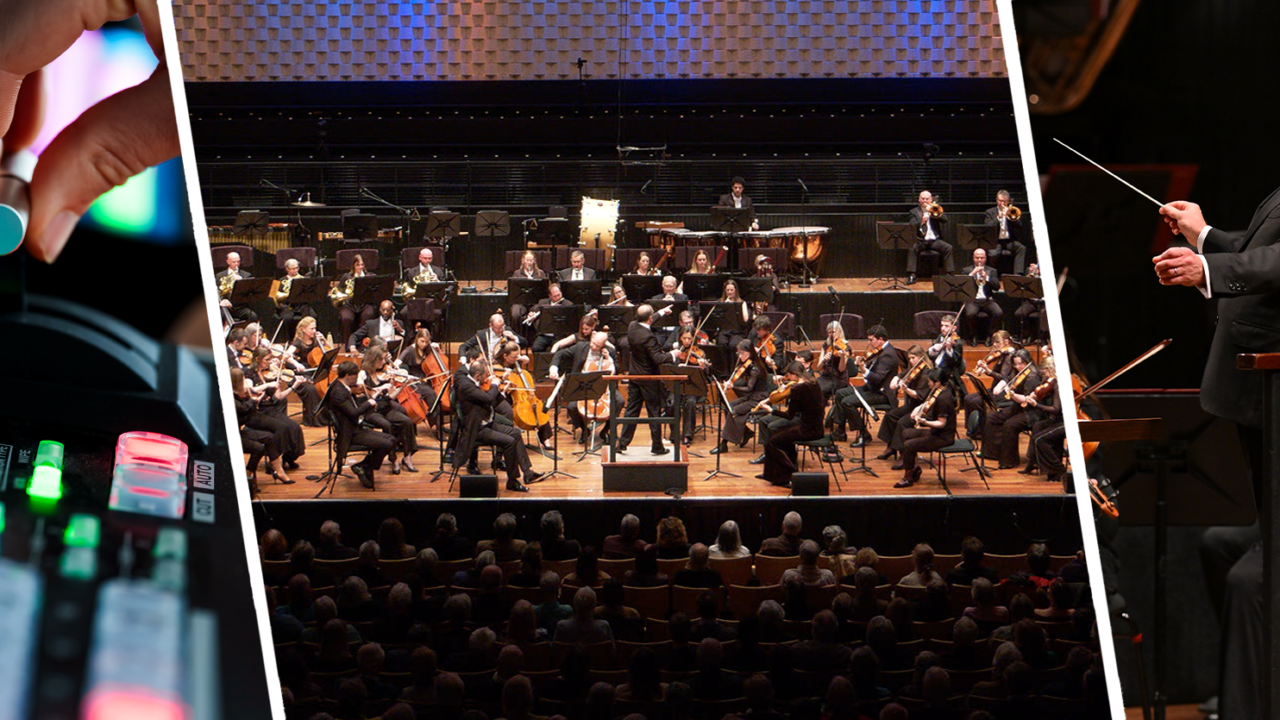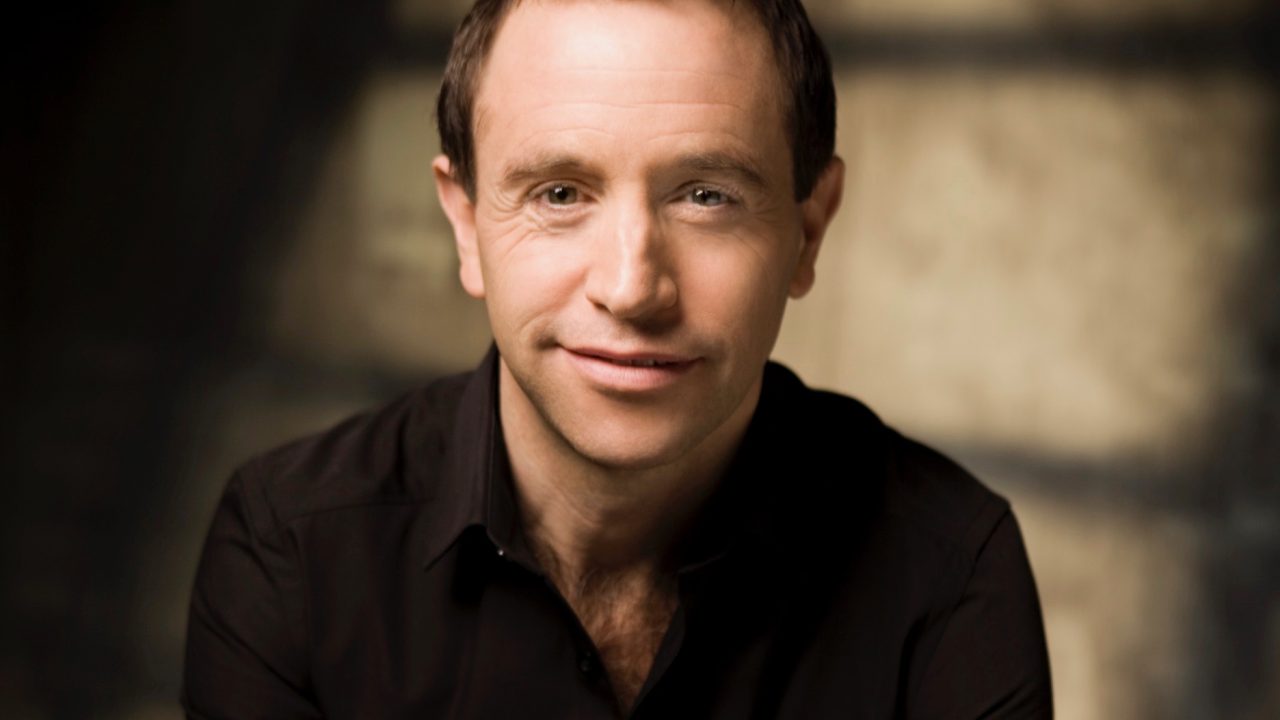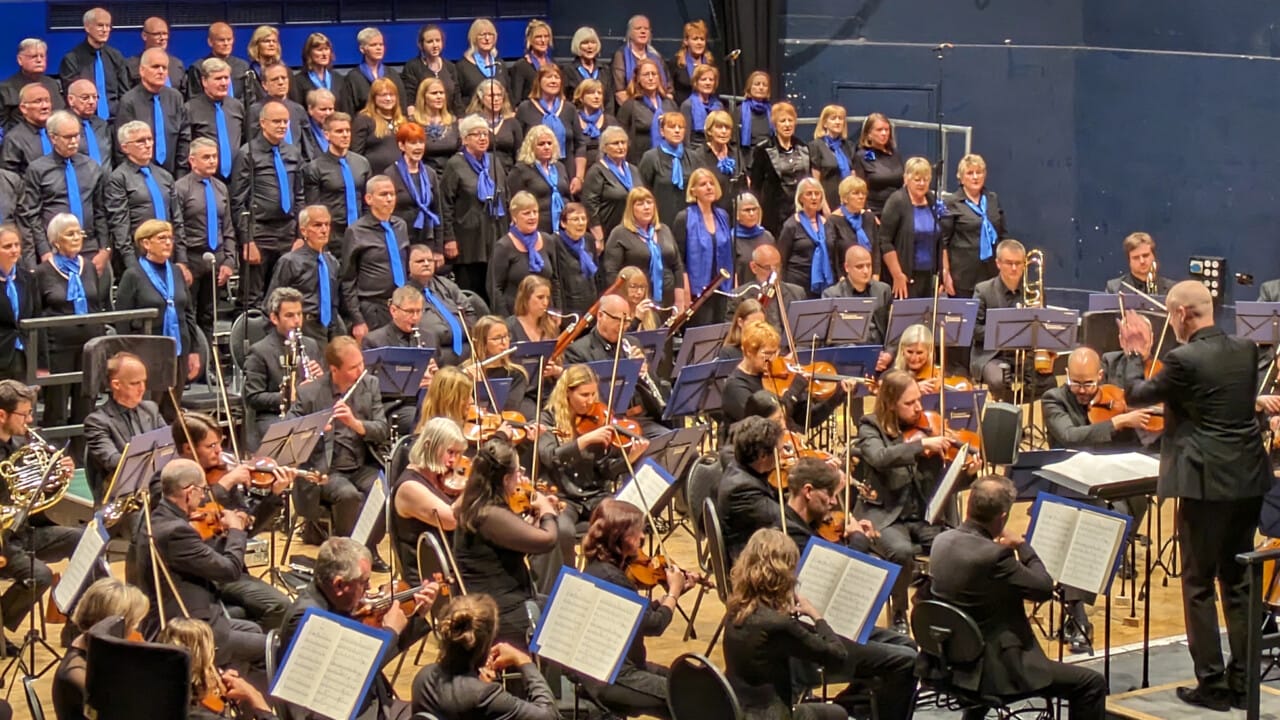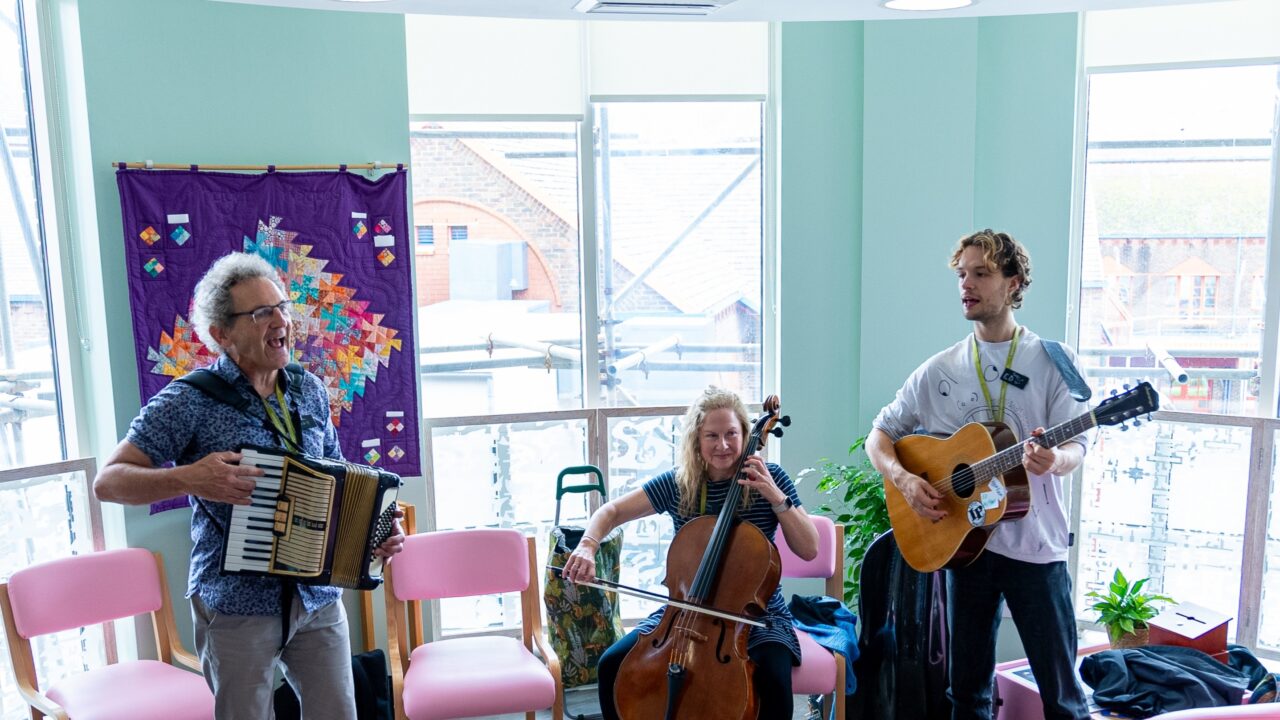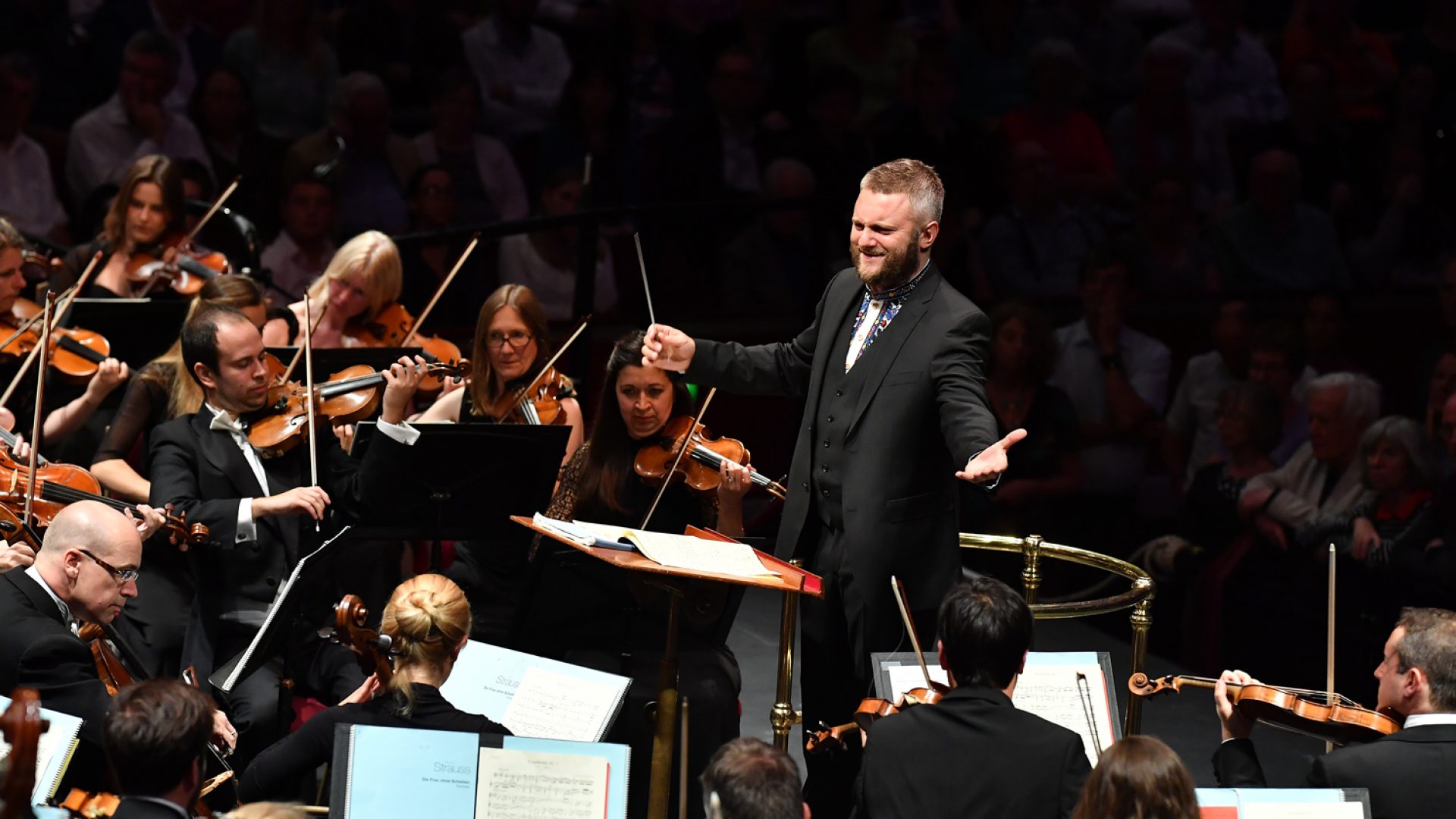Why did you decide to become a conductor?
There were periods where I wanted to be a pianist or a composer, but conducting was what really excited me as a profession and as a role. I was 13 when I started studying conducting and I did my first public concert at 19, it was with a chamber orchestra and the programme was Shoenberg Transfigured Night, Stravinsky Dumbarton Oaks, Hindemith Funeral Music for Viola and an orchestrated prelude for string orchestra by my father.
I was looking for that feeling of pleasure and communication with musicians and orchestras. It was not so much the conducting itself but the orchestra and the energy that an orchestra produces that made me want to explore it further.
Tell us about the first time you conducted the BSO?
At the time I was Principal Guest Conductor in Strasbourg, I had been invited to conduct Tchaikovsky’s Symphony No.6. The first week I came to the BSO was the first week that Heather, BSO Head of Concerts and Programming, started which is an interesting coincidence.
I remember that the rehearsals and the concert were great, the Orchestra were so open-minded and I had a feeling that they were really something. After this they asked me if I was interested in being the next Chief Conductor of the BSO, and I said yes. So I came back and did another two programmes in one week and then they appointed me.
How do you feel the Orchestra has changed in the past 10 years?
When I came, I thought this would be the place for me to do only mainstream repetoire but as you can see we’ve gone very far from that. And things we are doing, some mainstream but most of the programmes I’m doing are very edgy and very different; contemporary and difficult music. Like earlier this year, Symphonia Domestica was performed for the first time by the BSO. This piece is not really well known and it’s considered to be less successful, which is of course not true. But we had a full hall, the audience were enthusiastic, orchestra were on the edge and there was a great energy.
The Orchestra have taken the risk of doing many things that I never thought they would. But it seems like they are enjoying the process, so I’m very happy. But it’s give and take with an orchestra. There were situations when they supported me when I wasn’t exactly sure on the things we were doing and they gave me strength to continue, and sometimes I push them a little bit in different things so it’s cooperation.
The role of a conductor and an orchestra is to get the public on side, communicate, bring different pieces and make things exciting. I think that’s what we’ve achieved after 10 years together.
Do you think you’ve learnt a lot from the orchestra during your time?
I’ve grown up with them, that’s for sure. Ten years is huge, especially for a conductor of that age. I’ve achieved many things with the Orchestra that I have never achieved anywhere else, such as the communication and the trust between musicians. I mean they were always a very good orchestra but one thing is to be a good orchestra and it’s another when things between conductor and orchestra are really functioning. This gives another level of quality to what you can achieve with an orchestra. It has been very fulfilling to be here.
What’s been your most memorable concert with the Orchestra?
My first concert as Chief Conductor Designate will always be very memorable, we performed Shostakovich 11th symphony which was recorded and on the cover of BBC Music Magazine. Performing Salome, Turangalîla-Symphonie and all the Beethoven symphonies we’ve done is also very memorable for me. I also remember all the recordings; the Lyatoshinsky recording was very special.
I remember all the concerts I’ve done with the Orchestra, although sometimes I get confused which year they were, so it’s very difficult to say.
Is there one piece or composer’s work that you love to conduct above everything else?
I’m doing so much repertoire that I don’t have much time to think about it. But the one that’s on my table today, so I say, is my favourite.
What advice would you offer to a young aspiring conductor?
I think the best advice would be to only do that if you cannot live without conducting. If you just cannot see your life without it, then do it and do everything you can. But if you can, I would maybe think twice because it’s a very difficult and challenging profession.
The difficult decision is whether to give it a go, because if you decide to give it a go then you know what to do. That decision is difficult, but if you can’t live without conducting then you should commit to it 100%.
What do you still hope to achieve as a conductor?
For me, I think it’s not about what pieces I would like to conduct but how I want to conduct it and with which musicians. There is no point in doing something that doesn’t function well. I have conducted so many pieces and the most memorable ones are those that were done well. It’s important to invest in how you conduct and perform a piece rather than just trying to do as much as you can. It’s not about the quantity but the quality.
How do you prepare for a concert?
I think about the concert, the direction of the music and what can be emphasized, and generally what impact this concert this should have. The situation is different at every venue, reacting to the hall and the audience is what will make the evening.
